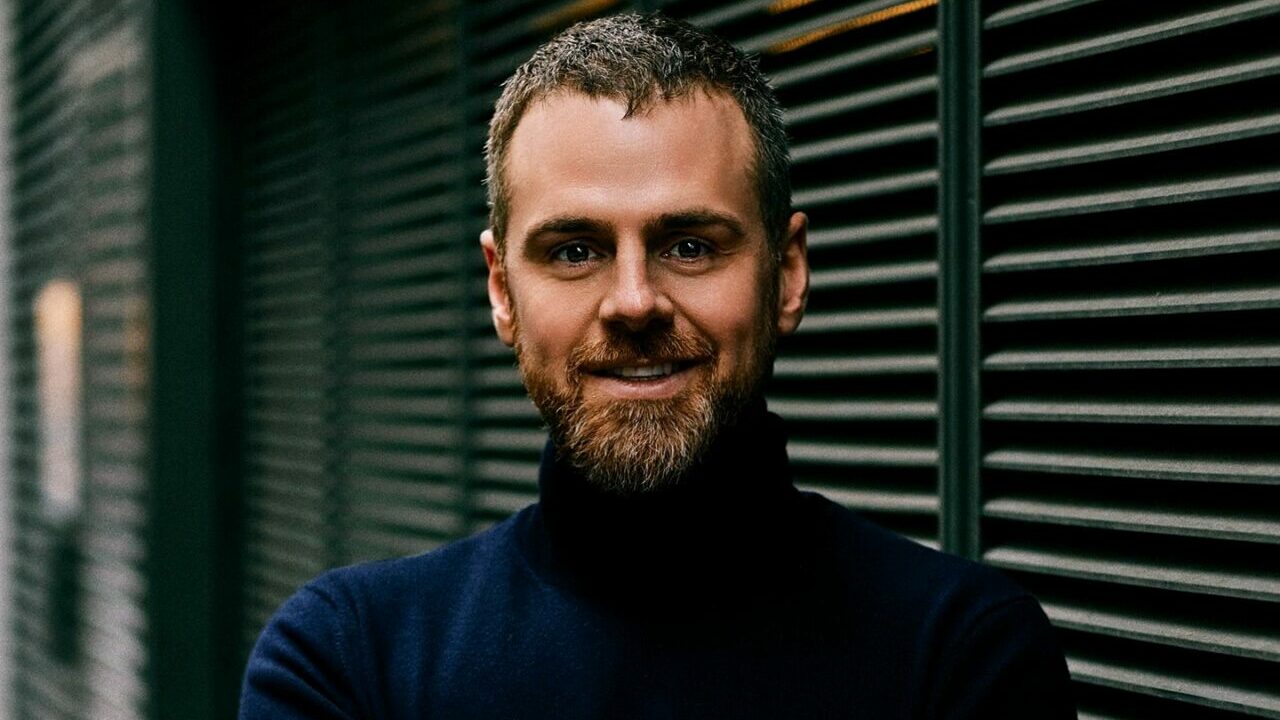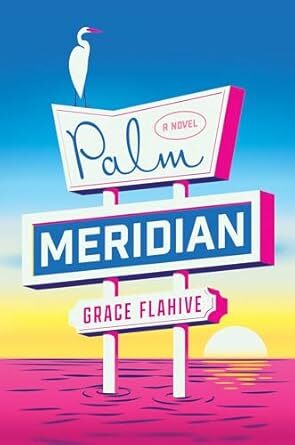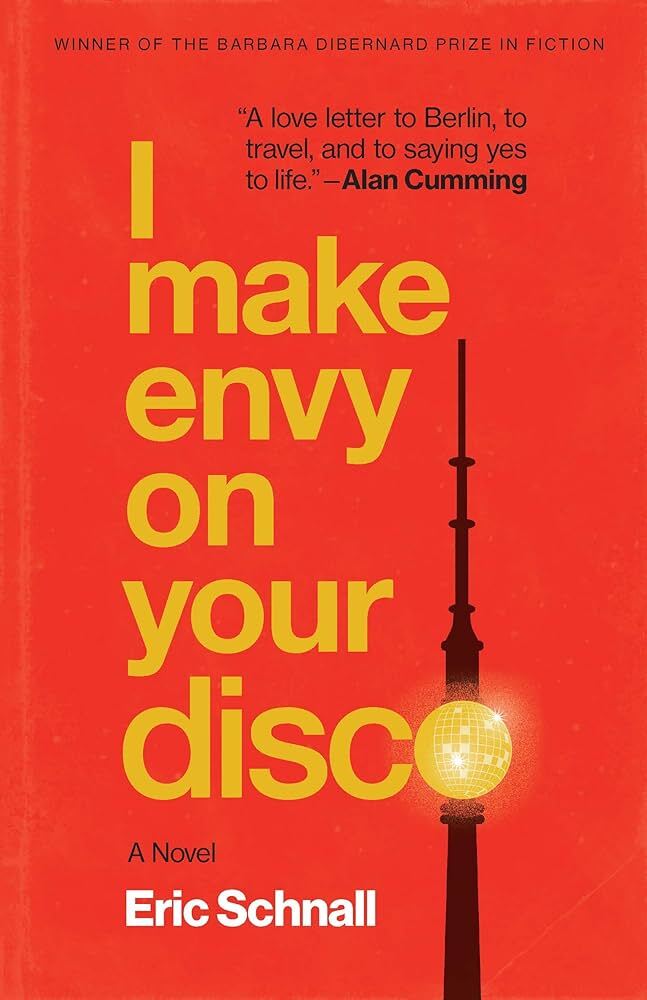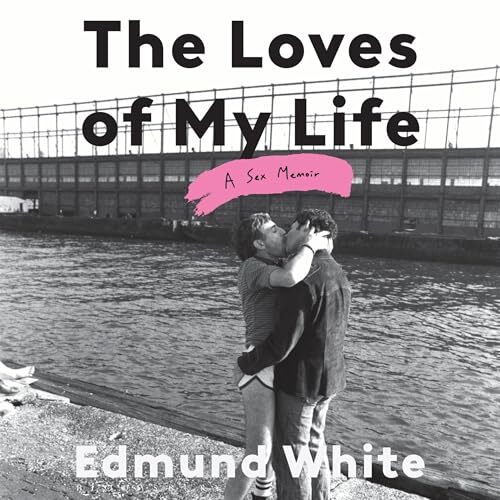The Betrayal of Thomas True author A.J. West on Mollie culture and historical gay sex (EXCLUSIVE)
In association with Audible
By James Hodge

A.J. West has had a varied career. He started out as a journalist before appearing on TV in the Big Brother house in 2016 (as Andy West). Now he’s an author whose historical novels have won plaudits. His first book, The Spirit Engineer, about the Ireland of 1914, won him the HWA Debut Crown Award.
Now, his historical thriller The Betrayal of Thomas True — about the dangerous society of the Mollies, the queer community of 1700s London — is out in paperback.
With another award, the Crime Writers’ Association Historical Dagger, under his belt, West speaks to Attitude about the history of the Mollies, how reality TV inspired him, and the surprising origins of oral sex…
We also share our picks of the best recent reads, as well as our current favourite audiobook available on Audible.
Congratulations on winning the Crime Writers’ Association Historical Dagger.
Thank you. It meant a huge amount to me that my peers recognised me as a writer. It’s a win for the Mollies — those forgotten men who were pilloried, imprisoned and hanged hundreds of years ago — and so it felt like a celebration in their memory.
Mollie culture is central to your latest novel, The Betrayal of Thomas True. What attracted you to this forgotten piece of queer history?
I learned of Mollies [from] reading court case transcripts from the Old Bailey archives. Mollies — or queer men, as we would call them today — were being tried for sodomy and facing the noose. These transcripts spoke to me: firstly, of the tragedy and horror queer people historically faced, but secondly, [of] the bravery of this community who came together as allies fighting to be themselves in a hostile society.
Why did you start writing historical fiction?
Historical writing is the greatest adventure — I can get on a plane and explore other cultures and countries, but I can’t go back in time. Reading about the past is like going to a different universe that we don’t fully understand as readers. Equally, the present is the past manifest. To understand where we are now, we must understand our history. The parallels can be remarkable: you can read a transcript of a conversation had in a Mollie house in the 1700s and, with updated English, hear the exact same conversation today at [London gay bar] Halfway To Heaven.
The Mollies’ mantra is ‘Always Together’. Where did that come from? Is it a historical phrase?
No — it actually originated at Halfway To Heaven. I wanted to give the Mollies a call to arms. Everything I came up with was clichéd. One afternoon, I got chatting to an Irish mammy who was [at Halfway To Heaven] to support her son who had just come out and didn’t want to go to his first gay bar on his own. Her rule in life was that family is always together — and there lay the sentiment that I wanted for my book.
Are there other parallels that you drew between Mollie culture and today?
The Reformation of Manners was a quasi-religious moral vigilante group who appointed themselves the arbiters of what was acceptable in Georgian London and were funded by the very highest echelons of society. They twisted the court system to their own devices to bring Mollies “to justice” as they saw fit. They used their power and their money to literally destroy lives and murder people. It offers a vital reminder and warning for the queer community today: our rights can be reversed.
What is the biggest challenge when writing historical fiction?
It’s not discovering who the king was or what war was being fought when — it’s the details of the everyday things that are the challenge. Take a steamier scene. How did you undo another man’s breeches? What were they made of? What would the wearer smell like? How groomed would he be? One detail I removed from the novel: there is no oral sex. It wasn’t really a thing at the time. The French loved it, but the English were squeamish about it. In criminal records, there is mention of bussing, buggery, masturbation — but no blow jobs!
You had a varied career before writing — as a journalist, a reality TV contestant… How did these experiences shape the writer you are today?
My career has offered me windows into lives that are useful to me as a writer: how characters are shaped in their most important moments. Big Brother was eight weeks of watching big personalities behave ridiculously — a budding novelist’s dream. If I ever pause while writing to think, ‘Would my character really do that?’ I remember Big Brother and think, ‘Anything is possible.’ You couldn’t write some of the stuff that went on in that house. I shared a bed with Andrew Tate for two weeks.
What do you think Andrew Tate would make of your novel?
As a guy who supposedly stands for male strength, fortitude and stoicism — for standing up for yourself as a bloke — he ought to be taking inspiration from [the Mollies].
How do you craft a character that a reader connects with, and to what extent is Thomas True a reflection of yourself?
Thomas reminds me of me when I first came to London. Thomas arrives full of optimism and excitement, believing he’s going to find his place among men like him. He thinks that people like him will be happy and loving and kind. But just because someone has the same sexuality as you, doesn’t mean you are necessarily going to connect with everyone. Some of the kindest men in my life have been straight; some of the cruellest have been gay. Betrayal is in the title: we shouldn’t assume trust in someone just because they are like us.
Which area of queer history will you interrogate next?
I’m writing my first non-fiction book, coming out in the spring, about the history of queer bookshops. It tells some extraordinary stories: the extreme safety precautions required by an Amsterdam bookseller; the police raids on Gay’s The Word; the invention of the Pride march by the owner of the world’s first gay bookshop, in New York.
What would you like readers to take away from The Betrayal of Thomas True?
Pride must remain a protest, despite its increasing lack of support and funding from councils. If the Mollies could fight without financial backing, so must we.
What is your favourite historical novel?
Tipping the Velvet by Sarah Waters was an amazing start point. She was one of the first queer voices I read in historical fiction.
A novel that you love written long ago?
Jude the Obscure by Thomas Hardy. It features a tragic climax that turned my blood to ice.
A book that informed your writing?
Building St Paul’s by James WP Campbell. St Paul’s features in the novel as a metaphor for the Mollies. It’s an architectural sham: a basic brick structure disguised as something elegant and iconic.
Your favourite Dickens novel?
Oliver Twist. Fagin’s lair is set on Field Lane — the same place as my Mollie house.
A narrative of suspense that gripped you?
Winnie-the-Pooh. As Winnie hunts the woozles with Piglet, they wander the woods following footprints in the snow. Spoiler alert: they are walking in circles, following their own footprints.
What is in your current reading pile?
The Journal of William Charles Macready; The Society of Unknowable Objects by Gareth Brown; A Curious Case by Robert Holton.
Recommended Reads
Palm Meridian by Grace Flahive (Out now in hardback)

Dystopia has ruled the literary scene over the past decades. The brightly coloured cover of Grace Flahive’s debut, however, immediately challenges any reader’s expectation that this is a gloom-laden glimpse into our future. It is Florida, 2067. After many fulfilling and fabulous years in a queer retirement home, Hannah throws a party on the eve of her euthanisation. However, as guests of long ago join the celebratory gaggle of pensioners, will Hannah still feel that her life has been so well spent? Joyous, bold, sentimental and funny, Flahive paints a picture of a queer utopia that any reader will enjoy diving into.
I Make Envy on Your Disco by Eric Schnall (Out now in paperback)

This debut novel has the reader step off the plane and into rainy Berlin for a brief working trip with protagonist Sam, an art dealer whose life has reached a crossroads. With a relationship at crisis point, Schnall takes the reader by the hand and leads us through the streets and squares of Germany’s gay centre, around the coolest galleries, into the finest restaurants and out onto the midnight dance floors of the sexiest clubs Europe has to offer as Sam ponders ‘What happens now?’ This moving story offers a city break that will transport the reader within its pages — offering self-reflective escapism at its finest.
Audiobook pick
The Loves of My Life by Edmund White

In June, we sadly lost the legendary gay writer Edmund White. This prolific writer of literature produced myriad novels, playscripts and essays, as well as the infamous guide The Joy of Gay Sex and his eponymous trilogy of memoirs charting queer history. The Loves of my Life, playfully subtitled ‘a sex memoir’, is his final book and charts his life in lovers.
Coming from the forefather of gay memoir, The Loves of My Life is the epitome of White’s work. He approaches writing about sex and sexuality artfully, balancing sensuality and scandal with tenderness, self-reflection and humorous insight. From being a submissive house slave in Madrid to the trade he rented and the lovers he lost to AIDS-related illnesses, White not only tells the history of his life between the sheets but creates a time capsule of vignettes set across the past 80 years, charting both the changes and challenges to queer life. As memoirs go, this is a must-read.
New to Audible? Get a free trial and enjoy bestselling audiobooks, exclusive Originals, and more on the Audible website.
